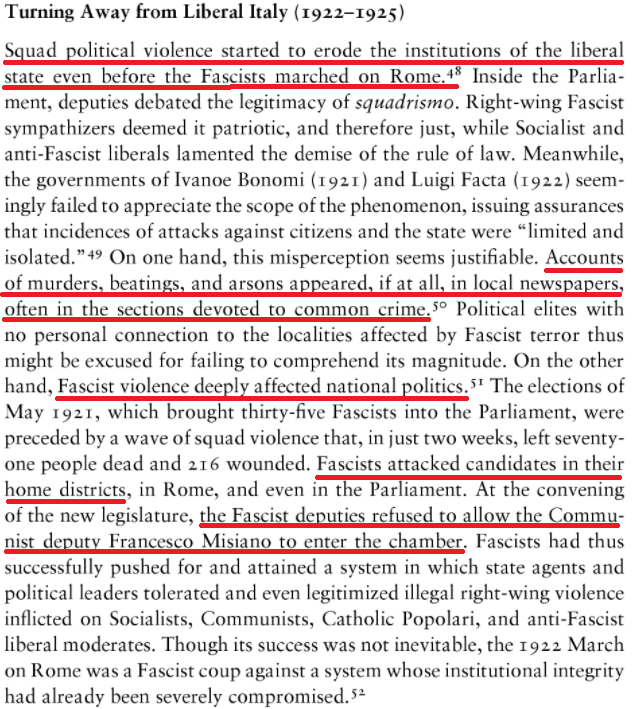
There has been a recent debate on Twitter on the notion of “utility” in economics. I’ll try to give some perspective to help understand the disagreements. 🧵
https://twitter.com/itaisher/status/1444358173230575624
One reason why the discussion about utility can be confusing is that two types of interpretation co-exist in economics. On the one hand, economic students are typically told in introductory microeconomics that utility is just a number to reflect the order of preferences.
On the other hand, students will be presented either explicitly or implicitly with interpretations of utility as measuring some kind of satisfaction in other courses.
It is for instance the case in courses discussing the notion of “decreasing marginal utility”. See how this (very nice) introduction to consumer theory says that we can think of utility as “satisfaction of happiness” (1’45’’).👇
In economic courses, utilitarian evaluations of policies are often mentioned, whereby a policy is considered good if it maximises the sum of the utilities of the citizens. Utilities have to be some kind of quantity for it to make sense.
The interpretation of utility as a measure of satisfaction is also pervasive in applied courses as students move further away from abstract decision theory. A lot of discussions in applied economics start from utility: “people derive utility for money, disutility from effort…”
Why this seemingly confusing use of the word “utility”? A way to explain it is that economics has gone through a (not fully successful) divorce with psychology in the 20th century—and that it is currently thinking about re-marriage (behavioural economics, neuroeconomics).
The notion of utility was, in the mind of the influential Bentham referring to a measure of subjective satisfaction.
Source: Moscati “Measuring utility” (2018) (henceforth MU)
Source: Moscati “Measuring utility” (2018) (henceforth MU)

Marginalists in the 19th century also saw utility as measuring something. For Jevons, for instance the economic calculus involves quantities of pleasure and pain. Source: MU 

Influenced by positivism, the ordinalist revolution rejected psychological considerations on unobservable states of mind in the early 20th. This is often presented as a progress, but psychology can be seen as a “road not taken”.
Great article👇
academic.oup.com/ej/article-abs…
Great article👇
academic.oup.com/ej/article-abs…

With the ordinalist approach, utility is only seen as a way to order options. Under some principle of consistency in choices it is “as if” people were maximising a utility. Economists were now saying we don’t mean anything psychological about the word “utility”. 

But in practice the psychological interpretation of utility has remained pervasive, in particular in applied work. Even in parts of theory, many leading economists could be found describing the maximisation of utility as driving choices, not reflecting them. Here Stigler (1980): 

Furthermore with the axiomatisation of decisions under risk by von Neumann and Morgenstern, Samuelson, Savage and others, preferences over risky prospects depend on the curvature of a utility function over outcomes in a way akin to a measure of some quantity. Source: MU 

Economic theorists who say that utility has no psychological meaning in the core of economic theory are right in a formal sense. But it is not de facto how the notion of utility is always used in economics. Economists have never fully abandoned the psychological interpretation.
With the progress in neuroscience, measures of brain activity related to mental states reduce the appeal of a positivist approach for a mindless economics. Indeed the brain seems to compute subjective values related to choices.
Glimcher (Foundations of neuroecon. an., 2010)👇

Glimcher (Foundations of neuroecon. an., 2010)👇


Does it mean we can now go back to a pre-ordinalist view of utility? No, how the brain encodes value is different from the marginalist views. But the formal approach in economics of decision can fruitfully be articulated on psychological insights about subjective values. 

So, in short, it is complicated. Two meanings co-exist, and economists are not always agreeing with each other about what “utility” means. If you think it is confusing, you are not alone. 👇 

If you have made it that far in the thread, you’ll most likely be interested in the content of my book “Optimally irrational”! End/
https://twitter.com/page_eco/status/1448264632431304708
• • •
Missing some Tweet in this thread? You can try to
force a refresh














